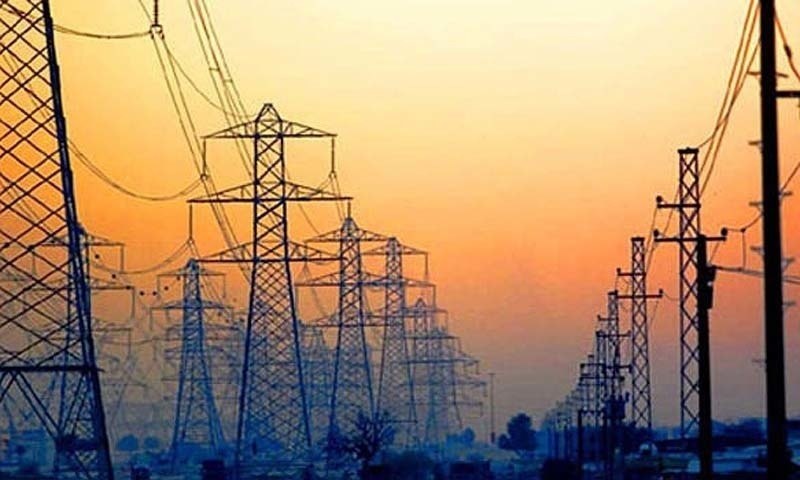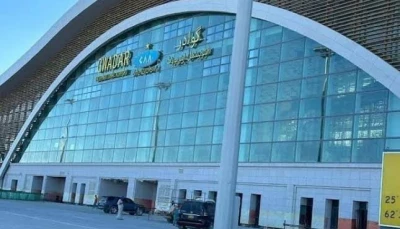The Federation of Pakistan Chambers of Commerce and Industry’s Businessmen Panel (BMP) has emphasized the critical need to revisit the terms of power purchase agreements (PPAs) to restore the viability of the country’s energy sector. By making payments to Independent Power Producers (IPPs) in local currency instead of dollars, Pakistan could save billions of rupees.
Former FPCCI president and BMP Chairman, Mian Anjum Nisar, expressed strong support for the government’s stance on auditing the agreements with dozens of IPPs established over the last 30 years. This move follows a Senate panel chief’s criticism, labeling the IPP contracts as exploitative and demanding detailed project-wise information, including heat rates and regional price comparisons for similar technologies.
Nisar pointed out that Pakistan has been grappling with high inflation over the past few years. This is partly due to the significant depreciation of the rupee against the US dollar and the surge in global commodity prices, particularly energy costs. The country primarily meets its energy demands through expensive imports, exacerbating the economic situation.
Nisar lamented the multiple economic challenges Pakistan faces, including falling exports, high inflation, low growth, and declining foreign reserves. The fiscal accounts are under immense pressure due to heavy interest payments. He warned that these issues would make it difficult for the government to achieve its industrial growth and export targets, further straining the country’s foreign exchange reserves.
To reduce production costs and lower energy tariffs, Nisar called for significant changes in the agreements with IPPs, which currently allow these producers to earn high profits due to favorable terms and conditions. He disclosed that the high power tariff results from several factors, including increasing capacity payments, net hydel profit, transmission constraints, minimum plant factor provisions for RLNG-based plants, gas price anomalies, and the financing cost of circular debt.
Nisar highlighted Pakistan’s aggressive policy to add power capacity over the years. However, slow economic growth, power theft, and under-investment in transmission and distribution networks have hindered bill recovery. Most IPPs had a payback period of 2-4 years, with profits as high as 18.37 times the investment and dividends 23 times the investment. Under the 1994 Power Policy, 16 out of 17 IPPs invested a combined capital of Rs 52 billion, earning profits exceeding Rs 417 billion. The government’s failure to contain circular debt has cost the country over Rs 5,082 billion in the past 15 years, with an annual loss of Rs 370 billion.
Nisar stressed the need for strong cost-side reforms to restore the energy sector’s viability. These include improving transmission infrastructure, better integration and expansion of renewable energy capacity, enhancing DISCO performance through privatization or long-term management concessions, moving captive power demand to the grid, revisiting power purchase agreements, and converting publicly-guaranteed PHPL debt into cheaper public debt.
Despite some efforts, the terms of power purchase agreements have not been scrutinized as much as they should be. Higher energy prices have triggered mass protests across Pakistan and stifled energy demand, putting policymakers in a difficult position. Runaway inflation has led to record-high interest rates, further reducing energy demand and leaving the government in a ‘catch-22’ situation.
A report indicates that the only sustainable solution for the sector is decisive action to address cost-side and infrastructure issues. Nisar quoted an IMF report, seen as a guideline in Pakistan’s pursuit of a longer, larger program with the IMF. The report suggests mobilizing significant additional revenue, especially in under-taxed sectors.
Nisar recommended changing the basic tariff of IPPs to Pakistani currency instead of dollars. He warned that without this change, the country would have to pay Rs 5,463 billion. Similarly, profits to IPP owners should be paid in Pakistani rupees. By changing the currency in the agreement, Pakistan could save Rs 5,400 billion. Nisar also suggested revoking the “Take or Pay” contract practice with IPP owners.



